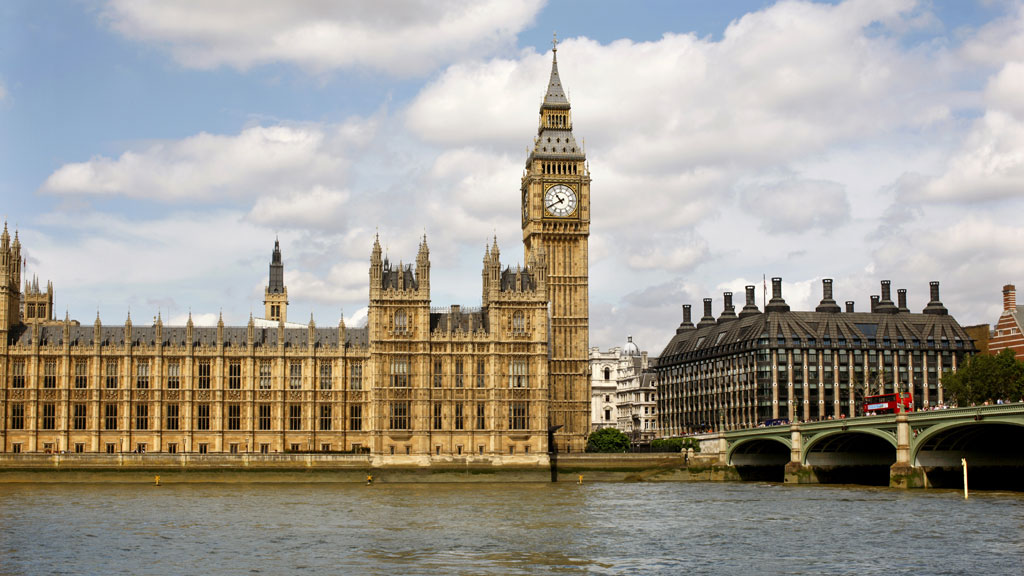MPs debate ‘unworkable’ bill to rein in lobbying
The government’s attempts to clean up political lobbying are condemned by charities as the Commons debates the proposed reforms.

David Cameron hopes the bill will help to prevent political scandals, but the legislation has been strongly criticised by the Electoral Commission, the elections watchdog, while charities are worried they will be prevented from speaking out on issues that concern them.
The wording of the bill raises “significant issues of workability”, according to the commission.
Charities, including Oxfam, the Royal British Legion, and the Salvation Army, say the reforms are so complex, they are “impossible” to follow.
Lobbyists’ register
The main thrust of the bill, which was published in July following allegations about the influence of lobbyists on government decision making, is the creation of a statutory register of lobbyists, outlining who they are representing.
Critics point to the fact that only so-called “third party” lobbyists (public affairs companies representing clients in parliament) are covered, while “in-house” public relations staff working for companies will not need to be registered.
It has been estimated that 80 per cent of “lobbyists” will be excluded from the bill’s provisions as a result.
The bill, which receives its second reading in the Commons on Tuesday, also puts a £390,000 cap on the amount any organisation, apart from political parties, can spend during elections.
Commons Leader Andrew Lansley has tried to allay charities’ fears that this will affect the job they do, but the National Council for Voluntary Organisations (NCVO) said it had not heard anything that resassured it.
‘Chilling effect’
In a legal opinion drawn up for the NCVO, Helen Mountfield QC said the uncertainty created by the new law “is likely to have a chilling effect on freedom of expression”.
She added: “The restrictions and restraints are so wide and so burdensome as arguably to amount to a disproportionate restraint on freedom of expression.”
But Mr Lansley told the BBC Today programme the government was “not setting out in any sense to constrain any charity or organisation who wants to campaign on policy issues”.
Political lobbying - the key questions
He said: “The simple issue is that, as already exists at election times, if an organisation, a third party that isn’t a political party, wants to spend a significant amount of money trying to influence that election directly, that is promoting a candidate or a party, then that should be registered and there should be limits on that just as political parties have limits on their expenditure.”
Labour leader Ed Miliband tweeted: “It’s time for government to think again on the lobbying bill. It does nothing to clean up politics and will also impose a gag on charities.”
‘Rushed and ridiculous’
Graham Allen, chairman of the Commons committee examining the bill, called the legislation “rushed and ridiculous” and “a dog’s breakfast”, saying: “Instead of addressing the prime minister’s promise to ‘shine the light of transparency’ on lobbying, this flawed legislation will mean we’ll all be back in a year facing another scandal.”
Mr Allen has tabled an amendment calling for the bill to be sent to a special committee for up to six months so it can receive further scrutiny.
Referring to elections, Jenny Watson, who chairs the Electoral Commission, said: “In summary, our view is that the bill as drafted creates a high level of uncertainty which will make it difficult for campaigners to be confident about how their activity from May onwards will be affected, while simultaneously imposing significant new burdens on such organisations.
“The wide definition of ‘election purposes’ gives us a great deal of discretion to interpret what activity will be regulated as political campaigning. This is discretion which we did not seek.”